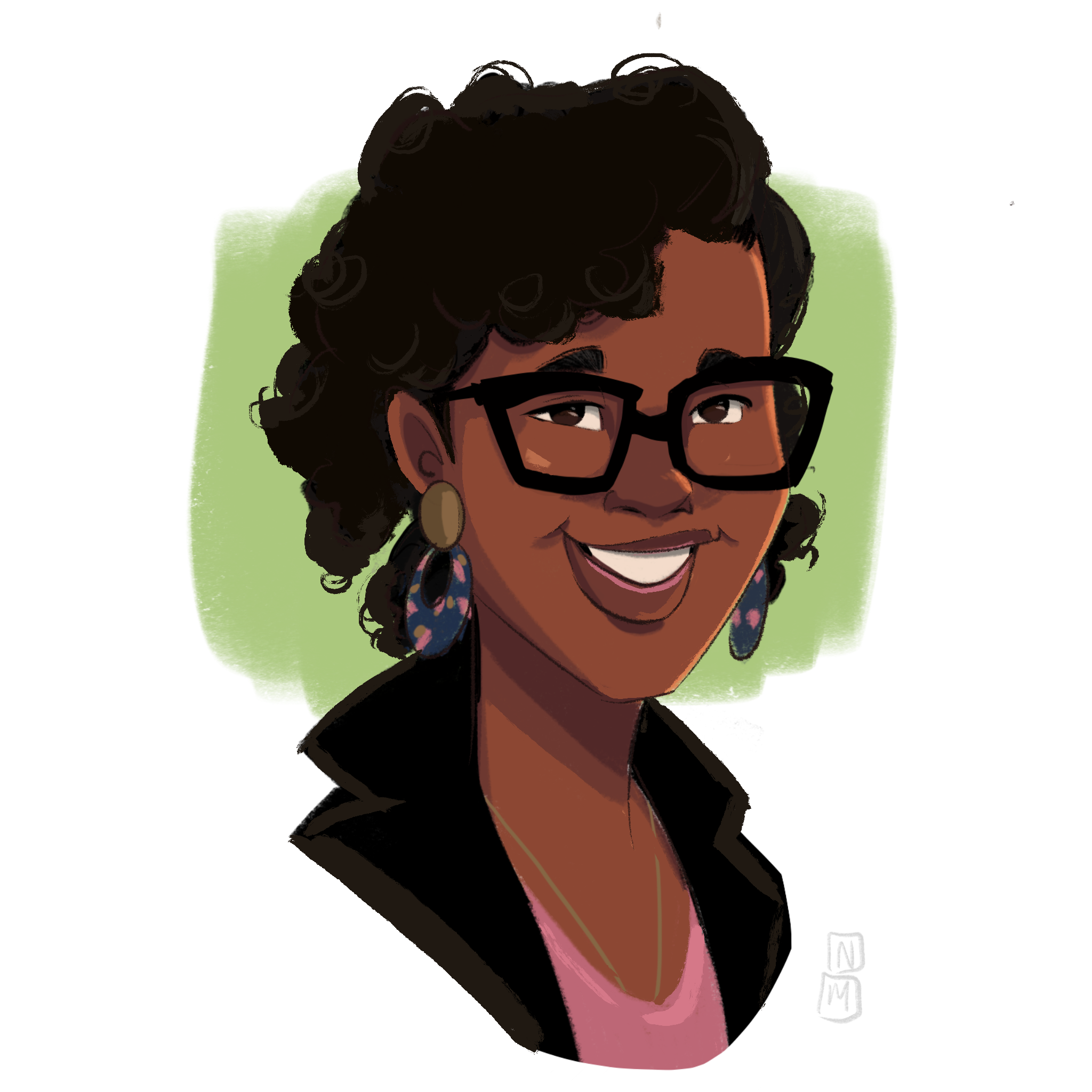
Maria M. Klawe Assistant Professor
of Climate & CS
Computer Science Department & Hixon Center for Climate & the Environment
Harvey Mudd College
Director,
CACTI Lab
Hi! I’m Lynn Kirabo (or just Kirabo).
I do Human-centered computing research at the intersection of accessibility, climate action, public transit, and the global south.
Specifically, I investigate and design equitable transit and climate action interventions in diverse geographical contexts (i.e., North America & East Africa).
I adapt qualitative methods to understand the lived experiences of research populations from diverse backgrounds (i.e., with a focus on the lived experiences of disabled people).
I design frameworks which stakeholders such as policymakers can leverage to nudge their transportation ecosystems towards equity.
I completed my Ph.D. at the Human-Computer Interaction Institute in the School of Computer Science, Carnegie Mellon University. I was advised by Dr. Aaron Steinfeld. My research was funded by NIDLIRR and the Siebel Foundation.
Travel & Other Highlights:
10.25, S/O to the ASSETS 2019 DC! Our ♥s are still in the work.
10.25, ASSETS 2025, Denver CO.
09.25, SENCER West Coast Regional Meeting, Claremont, CA.
07.25, Our #ASSETS2025 submission was accepted!!
07.25, 2025 SoCal CS REU Symposium.
06.25, Happy Summer!!
05.25, Panelist. CRA-E Career Landscape Workshop.
05.25, Guest Lecture. Accessible User Interfaces, Colorado College.
04.25, Participant. Innovation Showcase, Harvey Mudd College.
03.25, Co-host. Datathon, Data Science for Social Impact.
02.25, Co-Presenter. PUI BoF @ SIGCSE. Pittsburgh, PA.
02.25, Black Women in HCI. Tucson, AZ.
02.25, Panelist. OID: Women and Girls in STEM Panel Discussion.
02.25, Speaker, Family Weekend Academic Spotlight.
01.25, My summer students' Interactions article is live!!
11.24, Judge. Sparkathon: "How can American universities reduce waste".
11.24, Our #SIGCSE BoF was accepted!!
09.24, CMD-IT/ACM Richard Tapia Celebration of Diversity in Computing. San Diego, CA.
07.24, Our #CSCW2024 Workshop on HCI, Climate Change, and Mobility Justice was accepted.
06.24, Challenging Ableism: A Critical Turn Toward Disability Justice in HCI. Reflections from the #CHI2022 "Dreaming Disability Justice in HCI" workshop is live!
06.24, The Future of Design in Higher Education Convening.
06.24, Panelist. The Turing Way Fireside Chat: "Making Things More Accessible in Data Science."
05.24, Host. Games for Climate Change Literacy Cafe.
04.24, Keynote. 12th Annual Sacred Sistahs Inc. STEAM Conference for Middle and High School African American Girls.
03.24, Co-Presenter. PUI BoF @ SIGCSE. Portland, OR.
02.24, CRA Early Career Workshop. Washington, DC.
02.24, New Course is a Winner, HMC News.
02.24, Black Women in HCI. New Orleans, LA.
01.24, New Faculty Experiences Panel, Carnegie Mellon - HCI Institute, Job Market Mentoring.
11.23, Our #SIGCSE BoF was accepted!!
09.23, Attended Broadening Participation in Undergrad Climate Education Conference.
07.23, SLAC & Teaching Job Market Panel, CS Rising Careers.
04.23, Teaching in Academia & Job Market Panel, Carnegie Mellon University.
